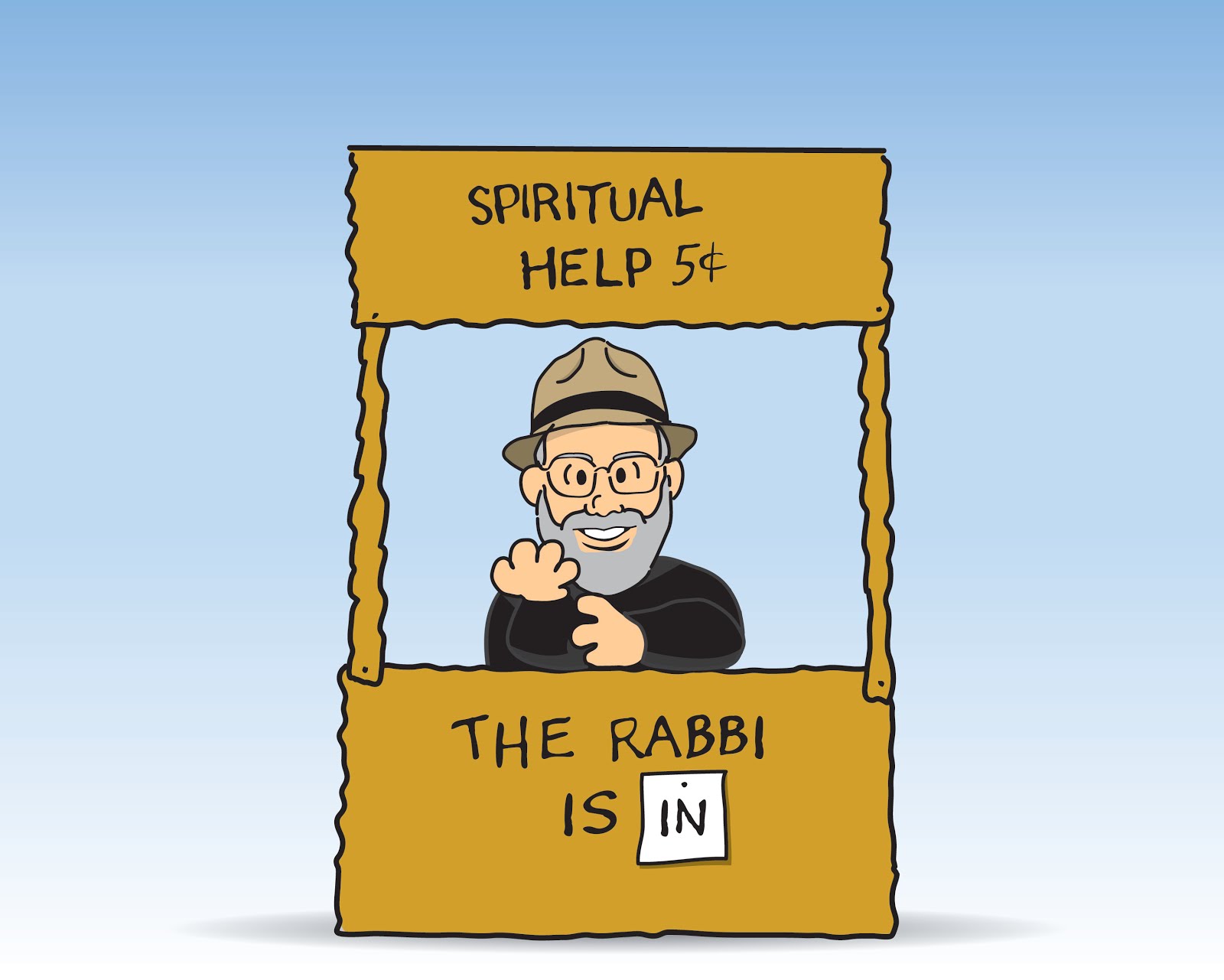And you thought American Prohibition was bad…
Not that I would encourage you to visit Nigeria any time
soon, but on the off chance you are already going there, let me advise you to
avoid visiting any bars.
It seems there is a group of Islamic radicals who not only
hate the sin (drinking alcohol) but are intent on killing the sinner (drinkers
of alcohol). Muslims are not supposed to drink alcohol. Neither are they
supposed to kill people. But when it comes to the group called Boko Haram it seems that killing people
who are drinking alcohol is part of God’s plan. And you don’t have to be a
Muslim to get killed, either. They really hate alcohol.
And don’t think you are safe spending your Nigerian vacation
avoiding alcohol. The bad boys of Boko target churches as well. They bombed a
Catholic church on Christmas. Maybe because they drink wine as part of the
Eucharist, I don’t know. What I do know is that they have killed over 500
people last year, and I imagine they are out to top that this year.
